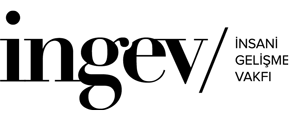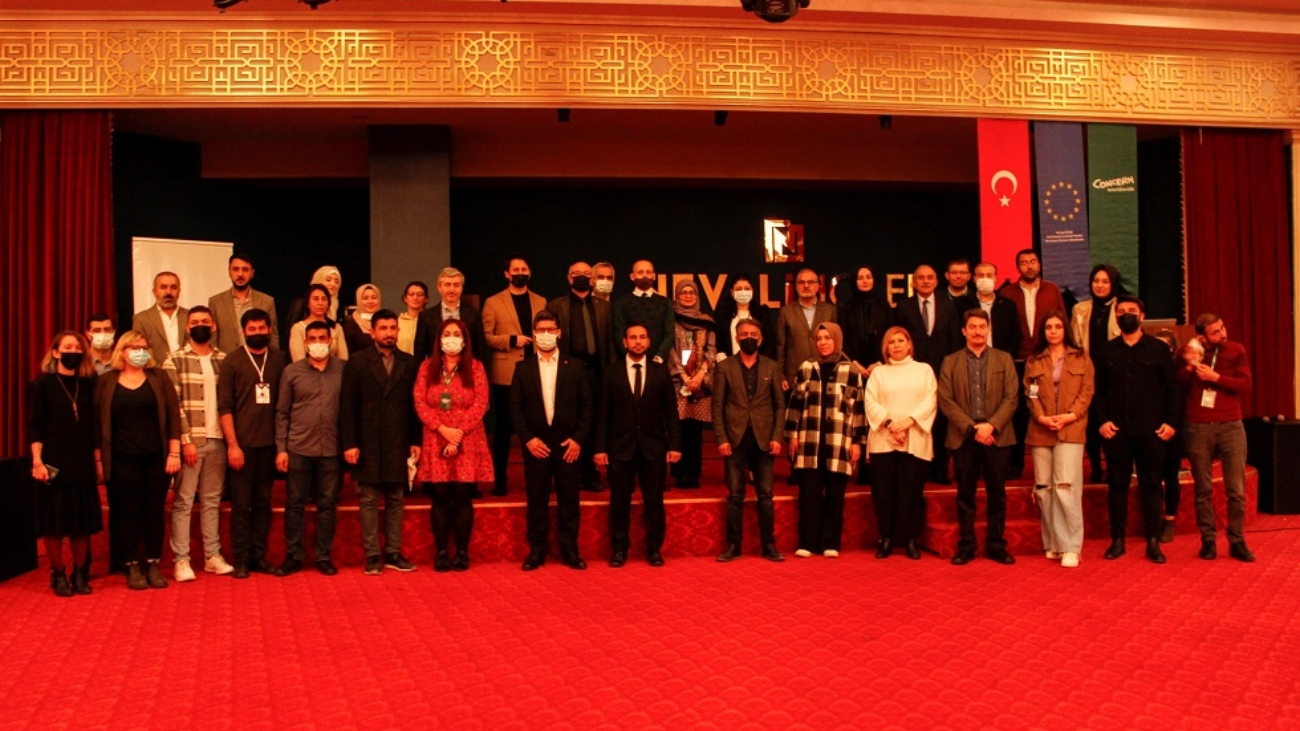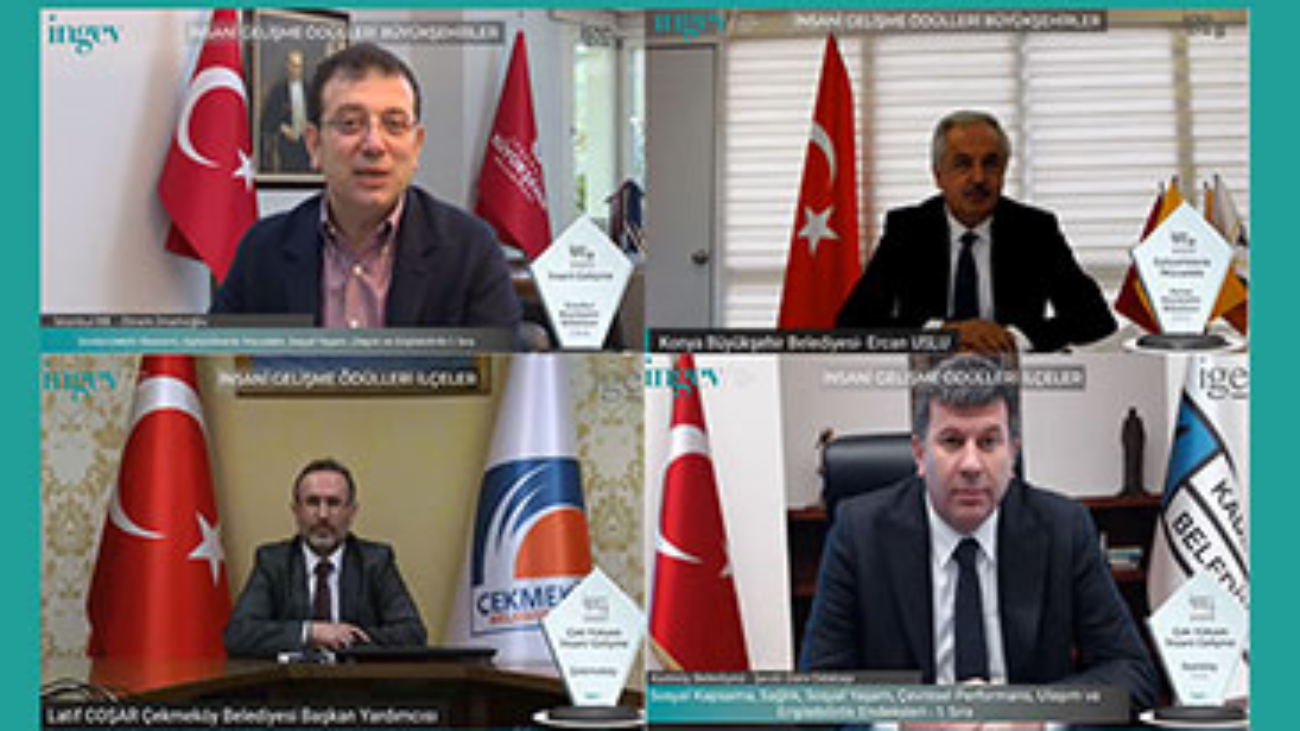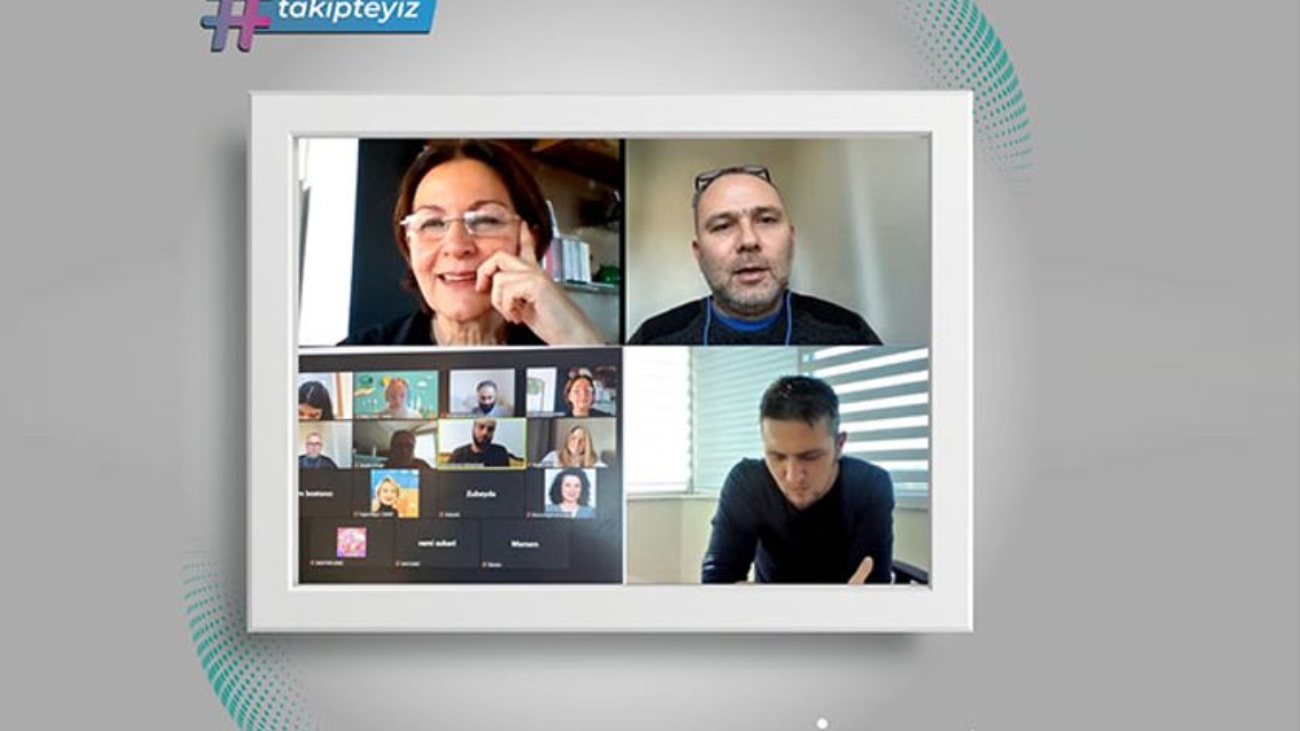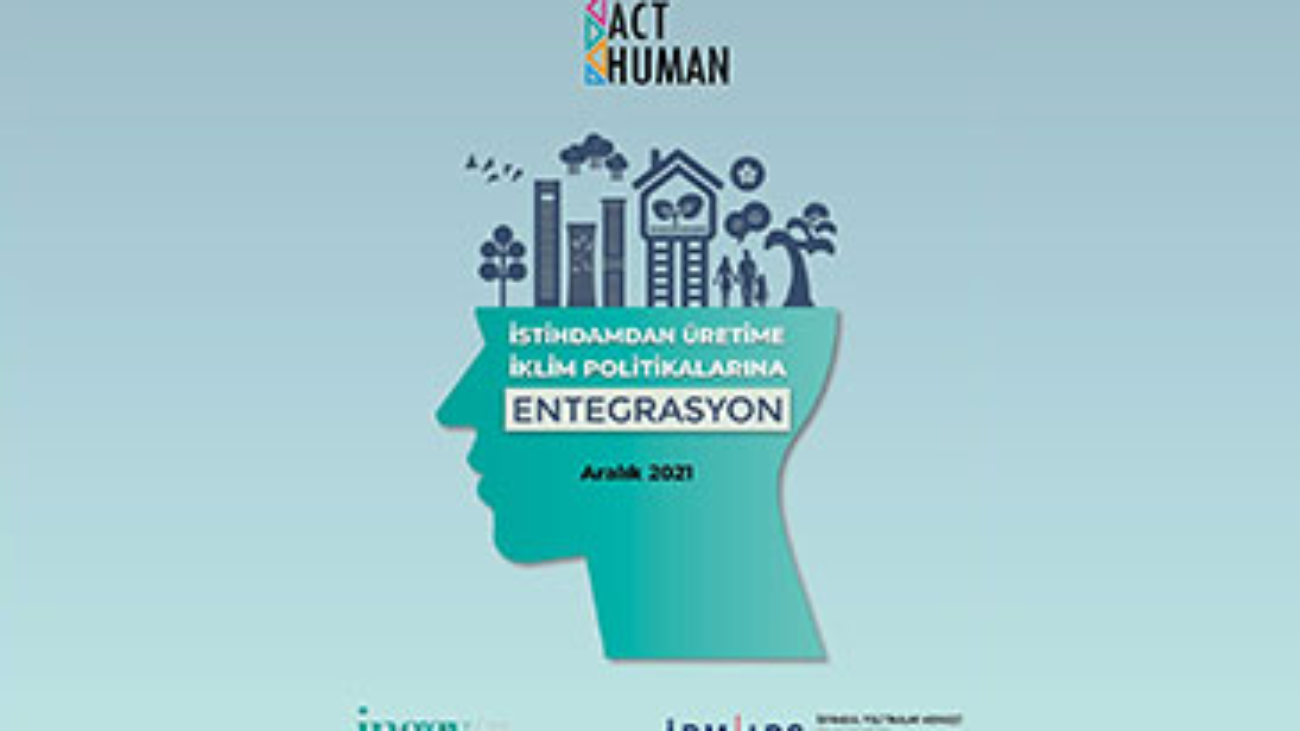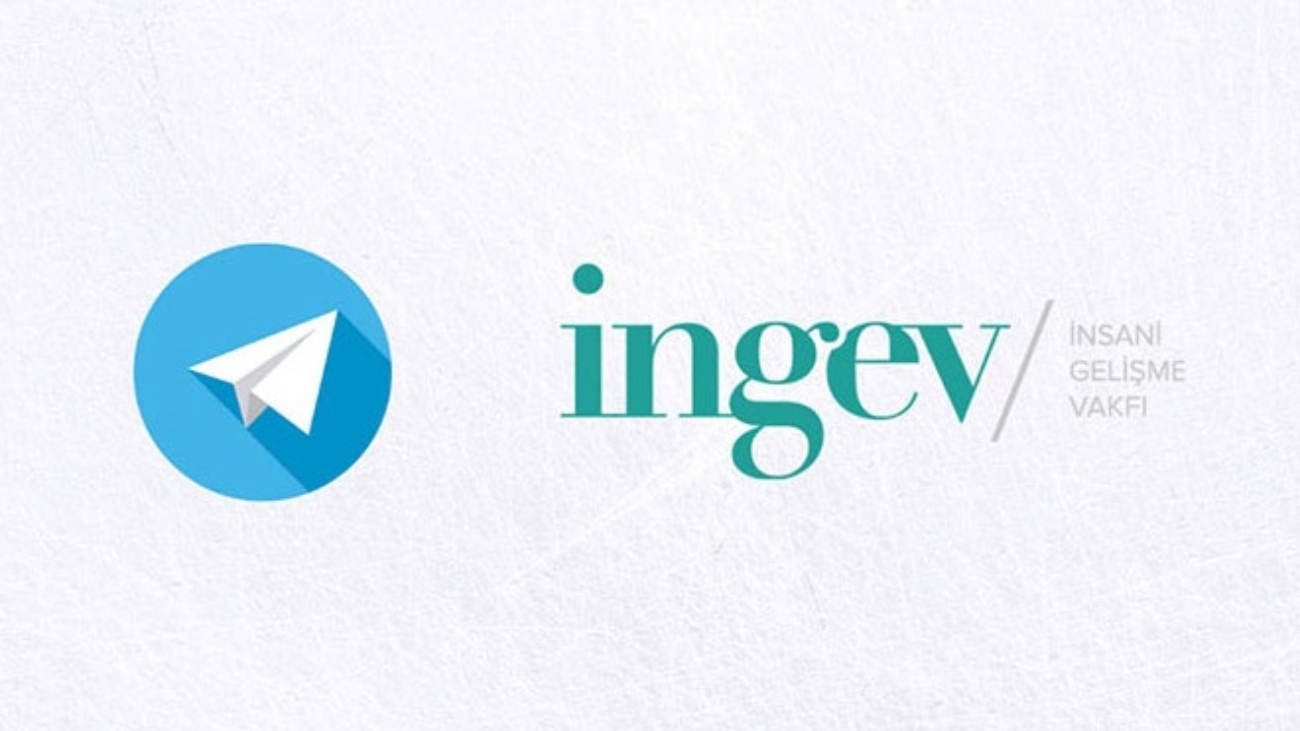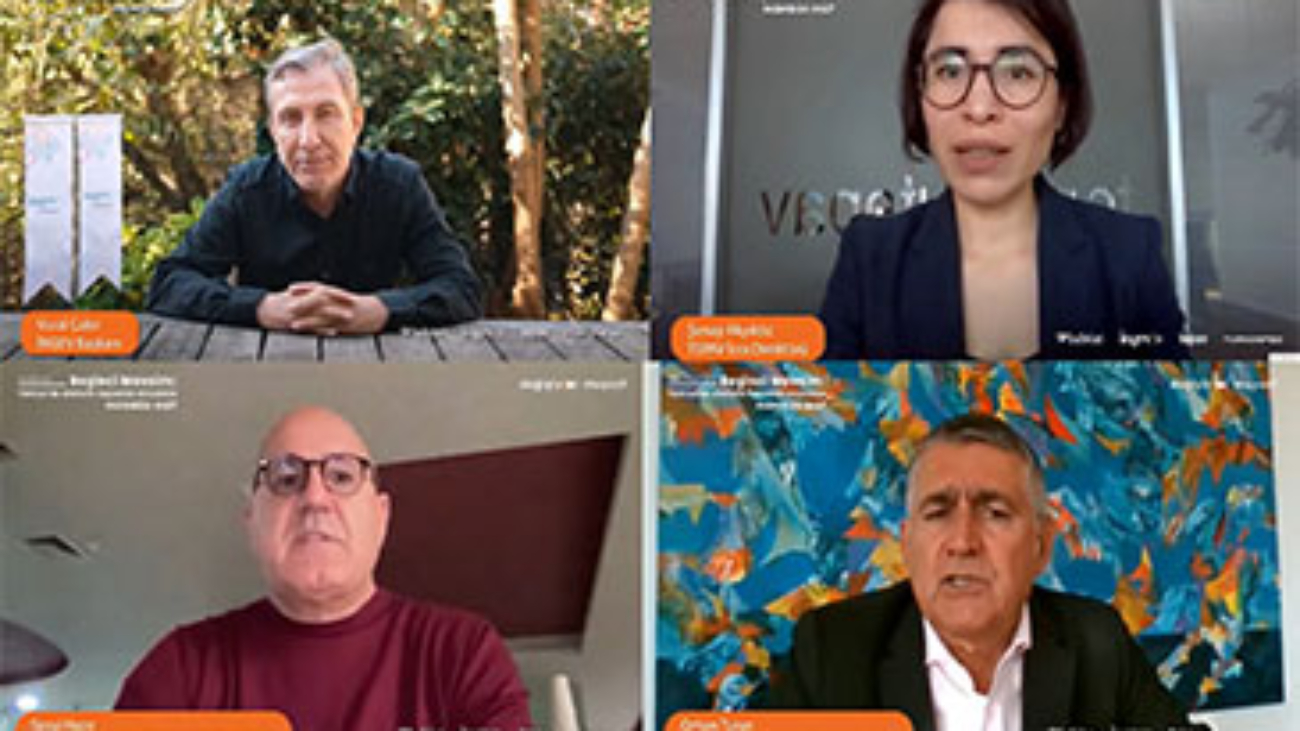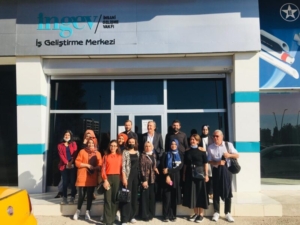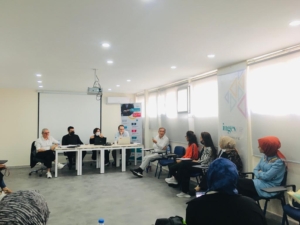Out-of-school children risk not only losing their social harmony with the rest of the society but also losing their access to economic opportunities later in their lives. In this regard, INGEV places great importance in analyzing the situation of out-of-school children and researching ways to support them in continuing their education.
Refugee children in Turkey are one of the most at-risk groups in terms of access to education. Turkey has achieved significant success by including the majority of school-age refugee children in the formal education system in a relatively short time. However, the rate of children who are out of school in the Southeastern region of the country is above Turkey’s average. INGEV thus conducted a research study on out-of-school refugee children in 2021 to investigate the reasons for this situation.
The main findings of this research were presented by INGEV TAM Director Can Çakır, on February 15, 2022 in the province of Şanlıurfa at an event organized by Concern Worldwide and attended by the Governor’s Office and representatives of various non-governmental organizations. The analysis indicated that income, child labor and language barriers negatively affect participation in education. The study also developed recommendations specific to the four cities targeted by the study, namely, Şanlıurfa, Gaziantep, Kilis and Hatay.
For more information on this study, on the issue of out-of-school children, and on INGEV’s work on supporting children in general, please contact INGEV Periodic Research ve Business Development Coordinator E. Merve Yağmuroğlu Erdil: merve.yagmuroglu@ingev.org.
Please click the link to view the report…
